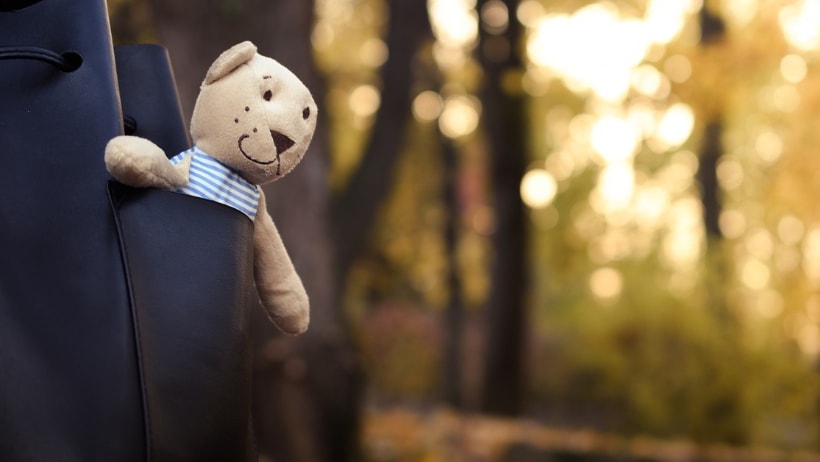Each of our children has a soft fleecy lovey. The three-month-old isn’t quite old enough to fully appreciate its magical comforting powers, but it means quite a bit to his older sister. Her lovey is her regular bedtime companion. In addition, when my daughter is sad or scared, she’ll ask for her lovey. Or when she’s especially tired or grumpy, holding lovey to her face makes her calm and peaceful.

We also have very particular rules about lovey’s location to minimize the risk of losing this special item. Rather than attempt to transport lovey all over the place, some advanced parental preparation meant lovey was always where my daughter needed it. Comfort was never too far away.
In a certain way, this seemingly stationary – yet always available – nature is not unlike God’s presence in the Torah, especially for Jacob. This week we read from parshat Vayetzei, one of the turning points and most famous parts of our text. The text picks up with Jacob on his journey away from his parents’ house to meet his cousin, Lavan, and the strange dreams and encounters he has with godly creatures along the way. He ends up falling in love with Rachel, works for her hand in marriage, but is tricked into marrying Rachel’s older sister Leah. Fast forward a few more years of work, and the prize of having Rachel as his wife is realized. The text continues with the birth of Jacob’s large family and his journey away from his father-in-law Lavan to a new home.
As Jacob runs away from his house, he has a dream. God appears to him. Jacob was likely frightened; after all, he was alone in an unknown place, in an unknown time, not sure of what would happen next. And in his moment of need, comfort arrives: “I am the Lord your God and I will be with you to protect you,” God says. Knowing from this point on he would never be alone, Jacob is able to move forward with confidence, understanding that there would always be a protector with him. In that moment, God was Jacob’s community. The place might have been new and different, but the comfort was familiar.
The need for protection doesn’t go away as we age; it is simply solved in different ways. The common thread is the comfort of consistency. It won’t always be a lovey. It may not always be God. But the knowledge that it’s not you alone against the world is one of the most valuable takeaways from our parshah and a core message of Judaism.
-Rabbi Eve Posen
Source: Comfort Zone – Parshat Vayetzei 5777 – Rabbi Eve Posen



